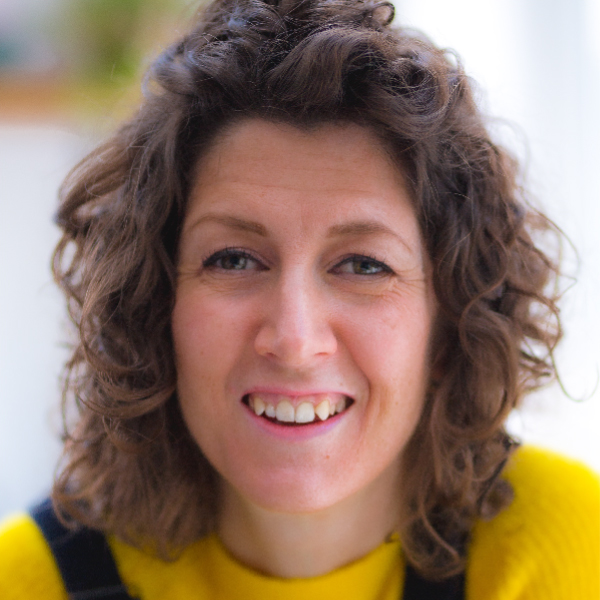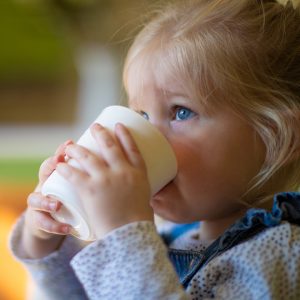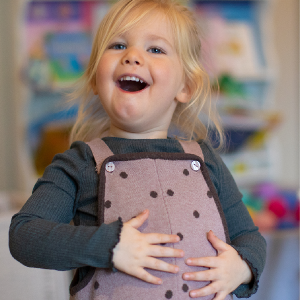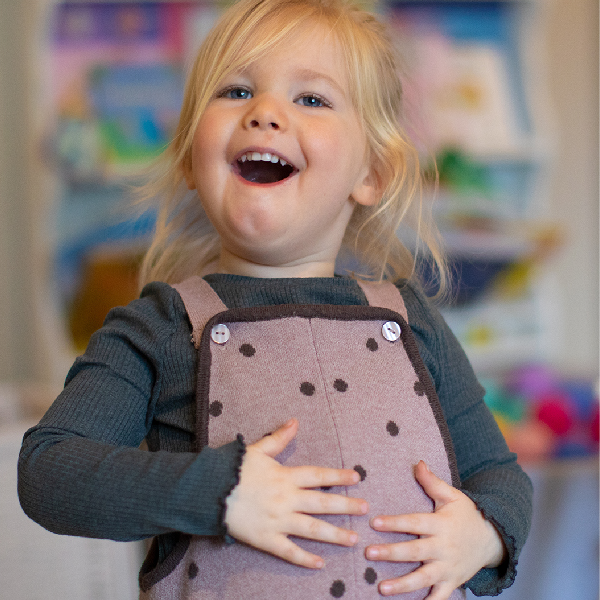
As a qualified teacher, mum, parenting coach and all-round Early Years expert, Sophie has a wealth of practical, real life experience to share with parents.

As a mum of two and a registered GP, Stephanie has seen more than her fair share of little ones! She has lots of practical tips and professional know-how on hand to help parents.

Laura is our nutrition whizz – bringing her expert advice and experience from working with chefs, schools and nurseries to the Kiddylicious expert panel.


Laura:
Parents do need to be aware of hydration in the summer and should babies have water? That can be quite a hot topic.
Stephanie:
The guidance is that babies can have water from six months, you don’t have to sterilise it and you should mainly be offering it at mealtimes. But they shouldn’t have lots of water.
Laura:
It’s also good practice for little ones’ development, practicing drinking from a little beaker.
Sophie:
Absolutely, offering water at every mealtime is great, so that they have the option to drink it. At first, they’ll just be playing and experimenting and they will spit it out because they enjoy that sensory feeling of spitting out water.
Stephanie:
Right! You’ve got the food mess and then you give them the water and it becomes this slushy swamp!
If you’re just practicing with an open cup, then you can just put your little one in the bath with the cup. When babies are practicing with water, they’re getting wet and, in the summer, you’re not going to be so worried about that. You’ll think, great, it’s probably cooling them down. In the winter though, you don’t want them to be sitting around in wet, soggy clothes.


Stephanie:
We should talk about signs of dehydration in warmer weather, as kids can do without food for a lot longer than they can without milk or water. Look for signs of dehydration; if they’re not passing urine as often and you’re noticing more dry nappies, or if they are potty trained, they’re not going to the toilet as often, or if you notice that their urine looks darker in colour, that suggests that there’s a bit of dehydration going on. Also, their eyes may look a little bit sunken. They may have dry, cracked lips, and if they’re crying, but don’t have any tears, those symptoms should guide you to offer more fluids. If your baby’s urine output really drops and you notice that they have had a dry nappy for whole day, then get on the phone to your GP. If you’re breastfeeding, your body is very clever in that during the warmer months, your breast milk will become a bit more watery to compensate for this. You may notice that your baby wants to feed more often, in which case, I would carry on doing that.
Sophie:
In the night, you may notice that your baby’s waking up more frequently, so remember that it’s probably because they are thirsty. There’s a myth that your baby shouldn’t have a night feed after six months, which isn’t true. As an adult, you often wake up in the middle of the night thirsty and you want a drink of water, so it’s obviously going to happen to your baby as well and the only way they can express that is by crying. So don’t think that you’re doing anything wrong by feeding your baby more often in those spring months. If their sleep has really gone downhill and they’re waking up a lot more, it may just be because it’s really hot and they’re thirsty.
Stephanie:
Look for signs in your baby of being overheated too. Smaller babies don’t tend to get sweaty, but they can look a bit hot and bothered. You might also notice that they become quite restless or a little bit irritable as well. Look for that and those physical signs of dehydration that I was talking about. And remember, babies under the age of six months shouldn’t be exposed to any sun at all.


Sophie:
For parents, it’s probably worth bearing in mind that in the spring and summer, as the evenings and mornings get lighter and the weather’s warmer, children might become fussier, especially when they are at that nine-to-12-month phase. Sometimes you find that your baby’s sleep patterns get worse when you go into those spring months, because of the changes in the light and the temperature. So, making sure that they are well fed throughout the day can really help with better sleep at night. I often talk to parents who are having trouble with their babies not sleeping and we talk about how much rest and food they get in the day, as it is important to make sure they’re getting enough of both. Sometimes when parents start weaning, they think that they should be giving their baby less milk because they are having food. They don’t realise that actually, you should still be giving your baby the same amount of milk.
Laura:
In that first year, milk still plays a huge role in their nutrition and you should be led by your baby. But if you’re thinking about food and hydration in the summer, another great way to keep your little one hydrated is offering different fruits and vegetables – watermelon is a favourite and if you’re still at the beginning of your weaning journey, you can grate harder things like cucumbers, which are very hydrating.